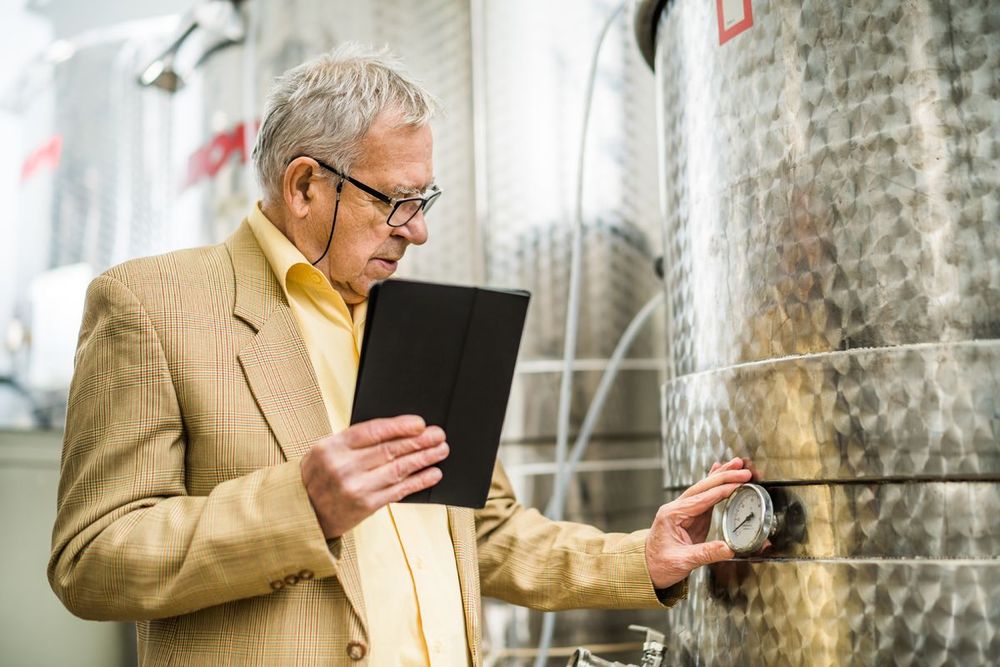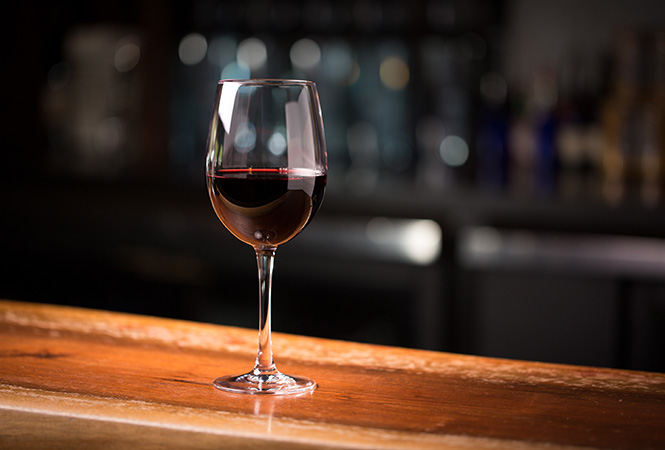

The excitement surrounding quality wines packaged in reusable stainless steel kegs has been building in the beverage industry. We have positioned ourselves to be your kegged wine gas experts. Restaurants, wine bars, and even ale houses have begun adding kegged wine options for their customers. Low-cost installations, high-quality wines, and a reduction in packaging materials build excitement for this new beverage program offering. Whether you need pure nitrogen or better yet a precise CO2 and Nitrogen blend for maximum shelf life, your Meritus Gas Partner’s beverage carbonation specialists can provide the right kegged wine gas for your establishment.

The important role of any gas on top of wine in a keg is to be oxygen-free and secondly to act as a propellant in dispensing the wine through the draught wine system. Oxygen-free nitrogen is the oldest used gas for this purpose. Nitrogen is inert and difficult to dissolve into the wine. Nitrogen is the most widely used gas for kegged wine.
Using nitrogen in conjunction with CO2 on kegged wine has become the preferred method. The advantage of using a nitrogen/CO2 blend is to preserve the wine quality even further than using nitrogen alone. When a nitrogen/CO2 blend is applied, given the keg pressure and cooler temperature, kegged wine will maintain its natural CO2 content thus keeping the same flavor profile from full keg to empty keg.
Another less-favorable gas option for kegged wine dispense is using argon gas. Argon gas is actually easier to dissolve into a liquid than nitrogen and may be less economical when compared to nitrogen. Nitrogen or more recently mixed-gas (blended Nitrogen & CO2) have become preferred due to the fact that many beer retailers already have nitrogen on-site.
Yes! There is a measurable amount of CO2 dissolved in red and white wines. White wines contain more CO2 than red wines. Obviously, wine contains much less dissolved CO2 than carbonated soda or beer but the small amount of CO2 dissolved in wine plays an equally important roll in wine flavor and shelf life. Maintaining the naturally occurring dissolved CO2 levels in wine can extend the flavor profile of kegged wine significantly.